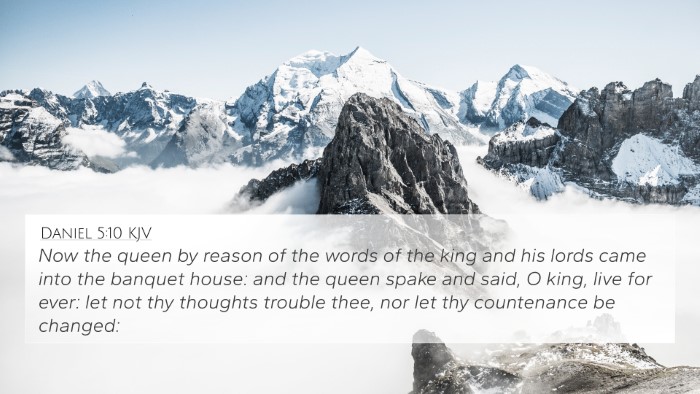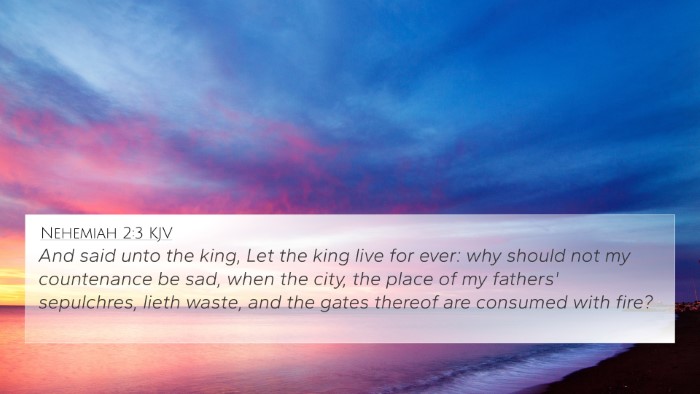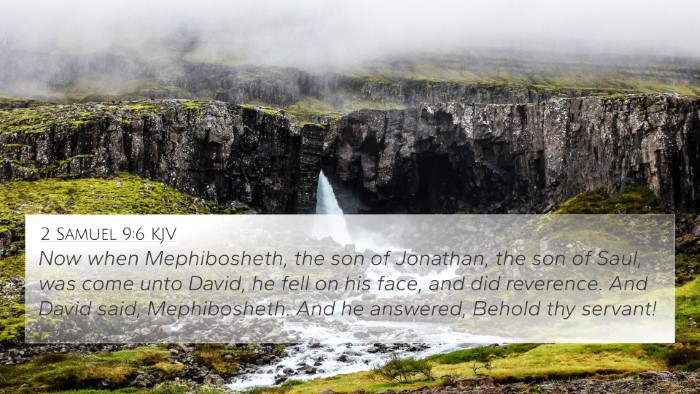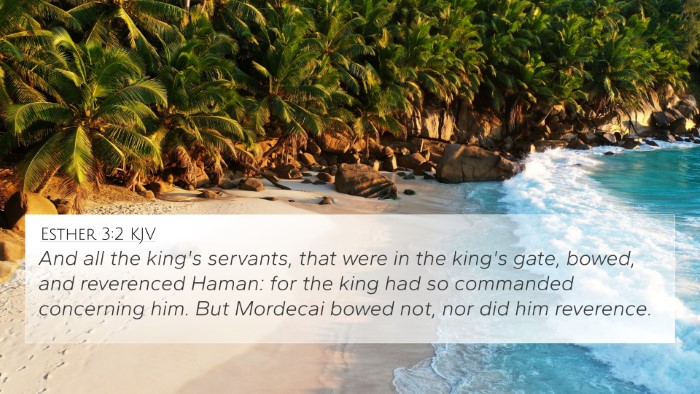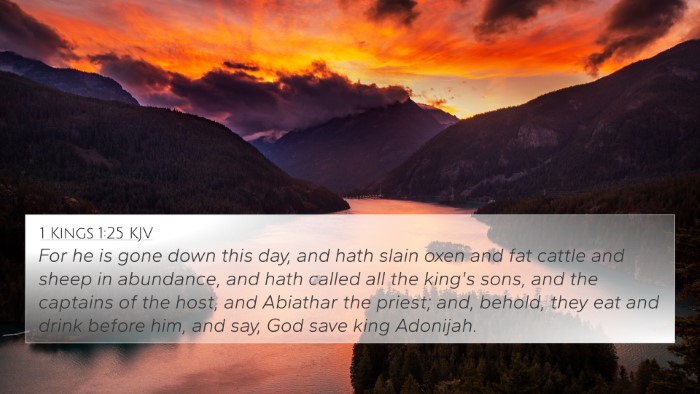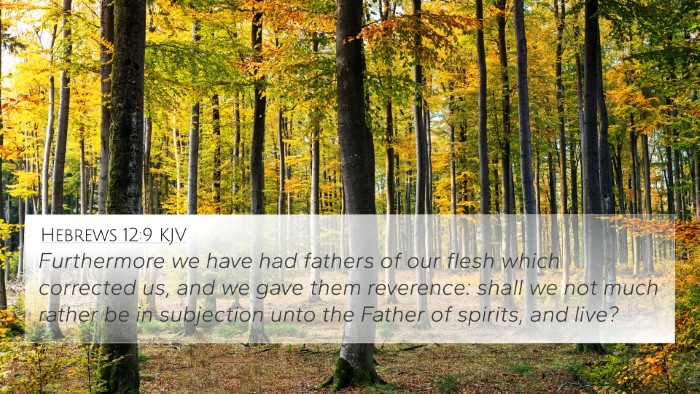Understanding 1 Kings 1:31
1 Kings 1:31 states, "Then Bathsheba bowed with her face to the ground, and did reverence to the king, and said, 'Let my lord King David live forever!'" This verse captures a moment of deep respect and acknowledgment of the king's authority, focusing not just on Bathsheba's behavior but also on the cultural and spiritual significance of her actions.
Summary of Biblical Context
Bathsheba’s response to King David is set against the backdrop of a critical historical moment as she advocates for her son Solomon's right to ascend the throne amid political strife. This verse signifies loyalty and the acknowledgment of divine purpose in the kingdom of Israel.
Commentary Insights
- Matthew Henry: Henry notes that Bathsheba's act of bowing was not merely a gesture of humility but also a demonstration of her understanding of the royal protocol. Her exclamation, "Let my lord King David live forever!" not only shows her reverence but also a plea for stability within the kingdom.
- Albert Barnes: Barnes emphasizes the theological implications of this moment, highlighting the sovereignty of God in establishing kings. He suggests that Bathsheba’s plea also reflects the hopes of Israel for enduring divine favor and leadership that Solomon would represent.
- Adam Clarke: Clarke discusses the emotional weight of Bathsheba's words, interpreting them as an expression of desperation and hope for the future. He highlights her role in the political landscape, suggesting that her reverence denotes her recognition of the divine order of succession.
Thematic Bible Verse Connections
This verse can be thematically linked to a number of other biblical passages that reflect on kingship, authority, and divine right. Here are some significant cross-references:
- 1 Samuel 16:13: The anointing of David as king, emphasizing God's choice in leadership.
- 2 Samuel 7:12-13: God’s promise to David regarding the establishment of his lineage - relevant to Solomon's ascension.
- Psalms 72:1-2: A royal psalm speaking of just leadership, reflecting the qualities desired in David's successors.
- 1 Kings 1:5-6: The context of Adonijah's claim to the throne, showcasing the political tension within David's household.
- 2 Chronicles 1:1: God's endorsement of Solomon’s reign, affirming Bathsheba's role in God’s plan.
- Matthew 1:6: The genealogy of Jesus through David, underlining the significance of David’s lineage culminating in Christ.
- Romans 13:1: A New Testament reflection on the authority of rulers as established by God, connecting to the theme of appointed kingship.
Prayerful Reflection
This verse invites believers to reflect on the nature of authority and the importance of humility in positions of power. Asking questions like “How does God appoint leaders?” and “What is our response to those in authority?” can lead to deeper understanding and application in daily life.
Tools for Bible Cross-Referencing
For those interested in further exploring the connections within Scripture, several resources are available:
- Bible concordance: Look up keywords such as 'king', 'reverence', 'authority' for related verses.
- Bible cross-reference guide: Helps in tracing thematic and contextual links across different scriptures.
- Bible reference resources: Utilize software or apps that offer cross-referencing capabilities for deeper insights.
Conclusion
1 Kings 1:31 is not merely a historical statement but a rich text that speaks to the heart of God's governance and human interaction with divine authority. Through the insights of noted biblical commentators and cross-referencing with related scriptures, readers can attain a fuller understanding of Bathsheba's expression of respect and the overarching plan of God for Israel.
Further Study Recommendations
As you continue your study of 1 Kings and the surrounding texts, consider the following:
- Engage in cross-reference Bible study methods to see how various themes interlink throughout the Old and New Testaments.
- Challenge yourself with comparative Bible verse analysis by exploring passages that support or contrast with royal themes.
- Investigate the connections between the Prophets and Apostolic teachings to see how God's plan unfolds across both Testaments.





